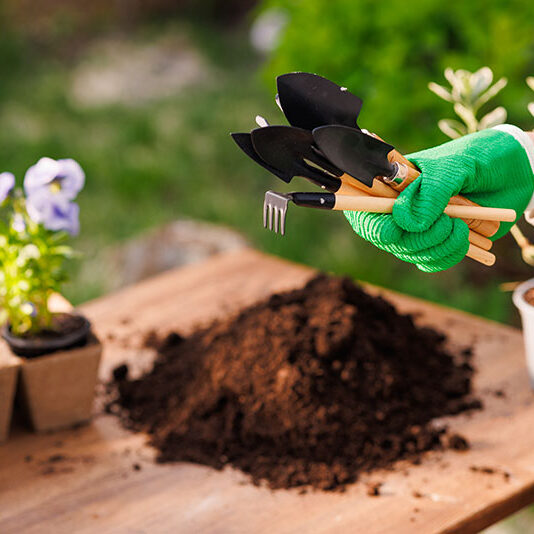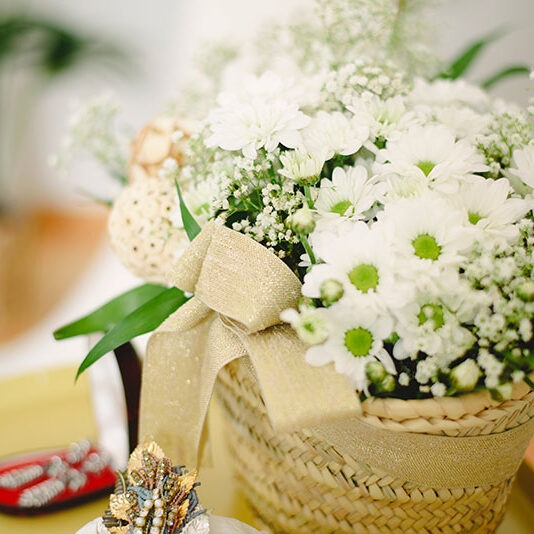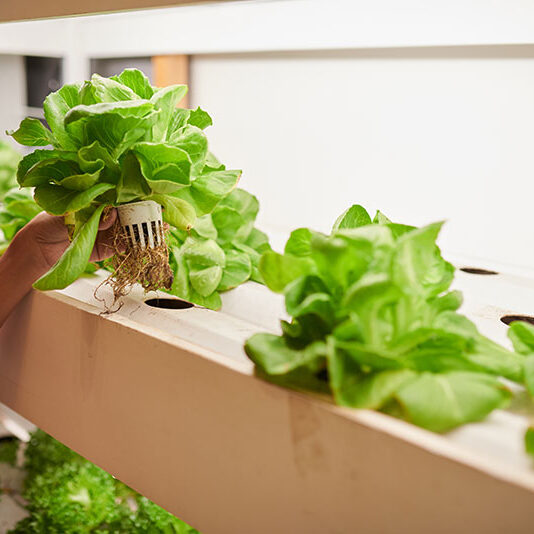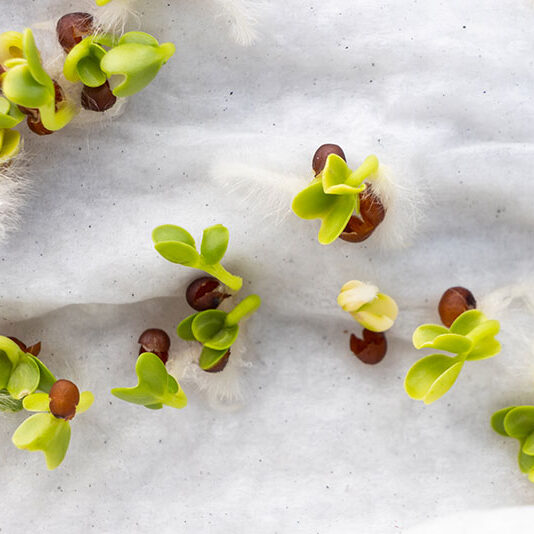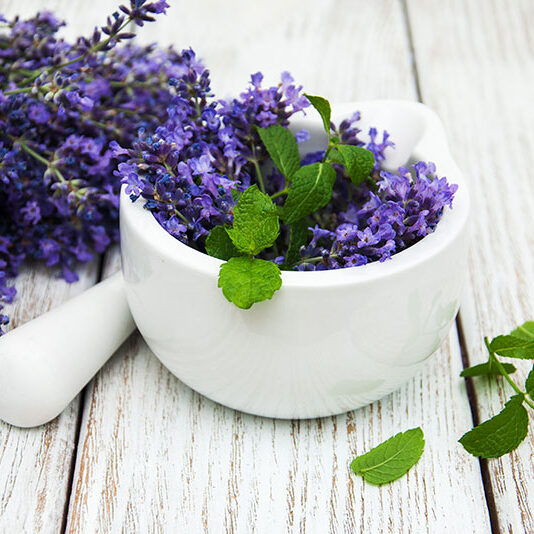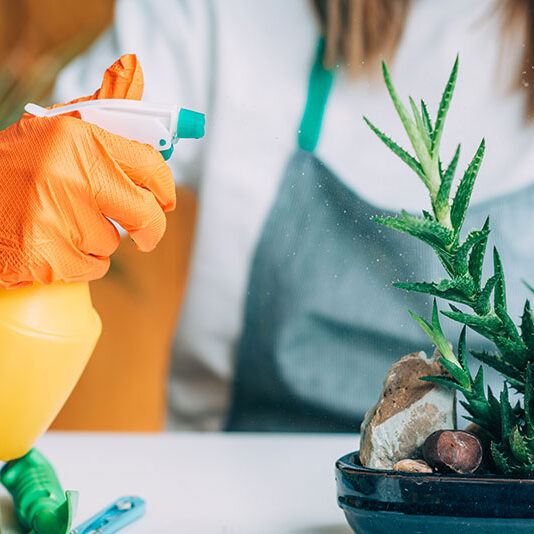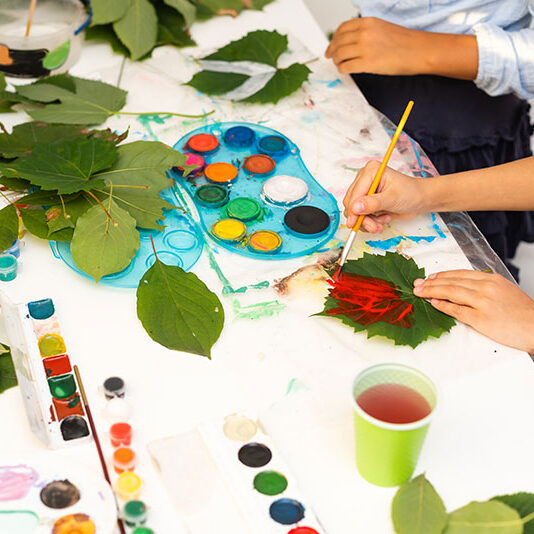With our Pathway to Growth transformative program, we seek to integrate Horticultural Therapy (HT) into the recovery journey of adults affected by Substance Use Disorder (SUD). By harnessing the healing power of nature, we empower individuals to rebuild their lives, develop new skills, and foster emotional resilience and social integration in a supportive, therapeutic environment.
It combines vocational training and social wellness activities as follows:
- Vocational: Clients will acquire practical plant care and maintenance skills, enhancing their self-sufficiency and increasing employment opportunities.
- Social Wellness: Group sessions and collaborative activities will promote communication, teamwork, and social bonding, helping to reduce feelings of isolation and foster positive peer relationships.
- Provides a structured, therapeutic activity that fosters mindfulness.
- Encourages self-reflection, achievement, and emotional regulation.
- Builds vocational skills for reintegration into society.
- Strengthens coping mechanisms and stress management.
- Offers a sustainable, rewarding hobby for long-term recovery.
- Sessions per Client: Clients will participate in 2 sessions per week.
- Session Length: Each session will last 1 hour, providing enough time for in-depth engagement with gardening tasks and group activities.
- Program Duration: The program will be ongoing 3 to 6 months
- Ideal Number of Clients Per Session: Individual or 6-8 clients per session to ensure that each client receives adequate guidance and support because we do not currently have a big team.
Benefits:
- Cognitive/Intellectual: Improve memory and focus by following verbal instructions with multiple steps.
- Physical: Strengthen gross motor skills, balance, and range of motion through digging and movement.
- Emotional/Psychological: Release aggression or anxiety through physical exertion and contact with soil.
- Sensory: Enhance sensory tolerance and stimulation by touching natural materials and engaging in outdoor activities.
- Social: Encourage teamwork, verbal communication, and supportive interactions within a small group.
Benefits
- Cognitive: Follow instructions, recognize flower species, build concentration
- Physical: Practice fine motor control, cut and position stems
- Emotional: Achieve a sense of purpose, emotional release and boosts self-esteem
- Sensory: Stimulate olfactory, tactile, and visual senses
- Social: Share space and materials, engage in light conversation, receive peer feedback
Designed for all age groups and cognitive/physical abilities
Benefits
- Cognitive/Intellectual: Enhance problem-solving and sequencing skills through step-by-step activities.
- Physical: Improve fine motor skills and hand-eye coordination with hands-on tasks.
- Psychological/Emotional: Build empowerment and responsibility in plant care.
- Sensory: Promote tactile engagement with growing mediums and nutrient solutions.
- Social: Facilitate group discussions on plant care and personal growth.
Designed for individuals of all ages
Benefits
- Cognitive: Understand germination stages, follow instructions
- Physical: Develop fine motor skills through handling tiny seeds
- Emotional: Promote nurturing behavior, reflection, self
- Confidence- Social: Group discussion and support.
Designed for individuals of all ages and abilities
Benefits
- Cognitive/Intellectual: Use critical thinking and clues to identify herbs
- Physical: Pass items, prepare tea
- Psychological/Emotional: Relaxation and reminiscence
- Sensory: Stimulate taste, smell, sight, hearing, and touch
- Social: Cooperate and socialize in a group setting.
Benefits
- Prioritize & manage time & activities; set goals related to completing assigned tasks; learn new horticulture skills
- Physical: Maintain & strengthen muscles; improve balance, endurance & stability
- Psychological/Emotional: Strengthen rational thinking skills; manage challenges; increase confidence in a workplace/training setting
- Sensory: Improve vestibular sense of balance
- Social: Strengthen mentalization of being part of a work team, working with others; recognize their role & responsibilities as part of a greater whole.
Designed for individuals of all ages
Benefits
- Cognitive: Enhance creativity and artistic expression.
- Physical: Improve fine motor skills through leaf handling and brush use.
- Emotional: Promote relaxation and emotional well-being through tactile and artistic activities.
- Sensory: Foster sensory awareness by engaging with different leaf textures, shapes, and smells.
- Social: Promote interaction and discussion during the creative process.
Designed for individuals of all ages
Benefits:
- Cognitive/Intellectual: Improve memory and focus by following verbal instructions with multiple steps.
- Physical: Strengthen gross motor skills, balance, and range of motion through digging and movement.
- Emotional/Psychological: Release aggression or anxiety through physical exertion and contact with soil.
- Sensory: Enhance sensory tolerance and stimulation by touching natural materials and engaging in outdoor activities.
- Social: Encourage teamwork, verbal communication, and supportive interactions within a small group.
Benefits
- Cognitive: Follow instructions, recognize flower species, build concentration
- Physical: Practice fine motor control, cut and position stems
- Emotional: Achieve a sense of purpose, emotional release and boosts self-esteem
- Sensory: Stimulate olfactory, tactile, and visual senses
- Social: Share space and materials, engage in light conversation, receive peer feedback
Designed for all age groups and cognitive/physical abilities
Benefits
- Cognitive/Intellectual: Enhance problem-solving and sequencing skills through step-by-step activities.
- Physical: Improve fine motor skills and hand-eye coordination with hands-on tasks.
- Psychological/Emotional: Build empowerment and responsibility in plant care.
- Sensory: Promote tactile engagement with growing mediums and nutrient solutions.
- Social: Facilitate group discussions on plant care and personal growth.
Designed for individuals of all ages
Benefits
- Cognitive: Understand germination stages, follow instructions
- Physical: Develop fine motor skills through handling tiny seeds
- Emotional: Promote nurturing behavior, reflection, self
- Confidence- Social: Group discussion and support.
Designed for individuals of all ages and abilities
Benefits
- Cognitive/Intellectual: Use critical thinking and clues to identify herbs
- Physical: Pass items, prepare tea
- Psychological/Emotional: Relaxation and reminiscence
- Sensory: Stimulate taste, smell, sight, hearing, and touch
- Social: Cooperate and socialize in a group setting.
Benefits
- Prioritize & manage time & activities; set goals related to completing assigned tasks; learn new horticulture skills
- Physical: Maintain & strengthen muscles; improve balance, endurance & stability
- Psychological/Emotional: Strengthen rational thinking skills; manage challenges; increase confidence in a workplace/training setting
- Sensory: Improve vestibular sense of balance
- Social: Strengthen mentalization of being part of a work team, working with others; recognize their role & responsibilities as part of a greater whole.
Designed for individuals of all ages
Benefits
- Cognitive: Enhance creativity and artistic expression.
- Physical: Improve fine motor skills through leaf handling and brush use.
- Emotional: Promote relaxation and emotional well-being through tactile and artistic activities.
- Sensory: Foster sensory awareness by engaging with different leaf textures, shapes, and smells.
- Social: Promote interaction and discussion during the creative process.
Designed for individuals of all ages

